|
|
|
|
Nau mai haere mai and welcome to your newsletter.
It’s not all politics this week, despite the election being just over a fortnight away. In Wellington, the draft spatial plan has polarised residents due to the proposal that blanket protections of pre-1930s “character” houses be removed. Morten Gjerde from Te Herenga Waka-Victoria University offers some perspective, pointing out that housing density on its own isn’t the answer to the city’s challenges either.
Out on the school playing fields there’s debate raging too, this time over the wisdom of televising secondary school sports. Authors Chris Whatman and Simon Walters from AUT discuss the evidence that too much pressure and expectation can harm young athletes – to the detriment of elite sports, too.
And in our Climate Explained series, we learn why so many of us say they would pay more for climate-friendly products, but then never follow through.
But yes, there is still politics. Richard Shaw of Massey University has been watching the opinion polls and wondering, with Labour more often than not in a position to govern alone if it maintains its popularity, whether we are defeating the purpose of MMP. If a major reason for adopting a proportional electoral system was to stop the tendency towards “elected dictatorship”, maybe we haven’t quite solved that problem yet.
Well, we’ll know more in 18 days – and there is some excellent pre-election analysis coming in the meantime. Until then, happy reading and all the best.
Ngā mihi nui ki a koutou katoa.
|
Finlay Macdonald
New Zealand Editor: Politics, Business + Arts
|

|
|

www.shutterstock.com
Morten Gjerde, Te Herenga Waka — Victoria University of Wellington
Proposals to improve the capital's urban design and density must also take account of the city's unique streetscapes.
|

Shutterstock/Alliance Images
Gary Mortimer, Queensland University of Technology
Our intention to buy climate-friendly products does not always match our buying behaviour, especially when we pay more for such products.
|
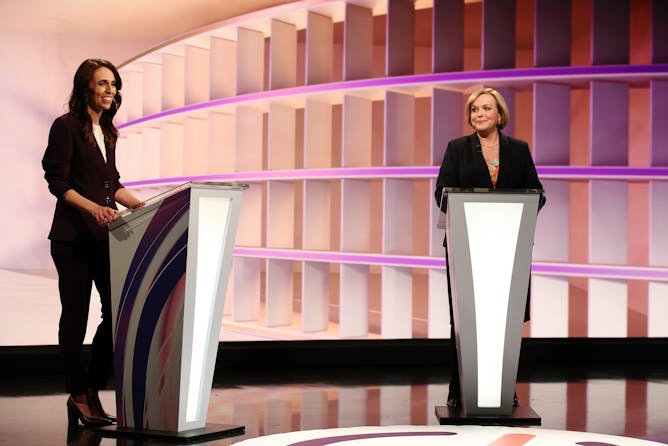
Labour leader Jacinda Ardern and National leader Judith Collins meet in the first TV debate on September 22.
GettyImages
Richard Shaw, Massey University
During the MMP era, the average vote share of the highest-polling party has been steadily climbing — with big implications for New Zealand democracy.
|
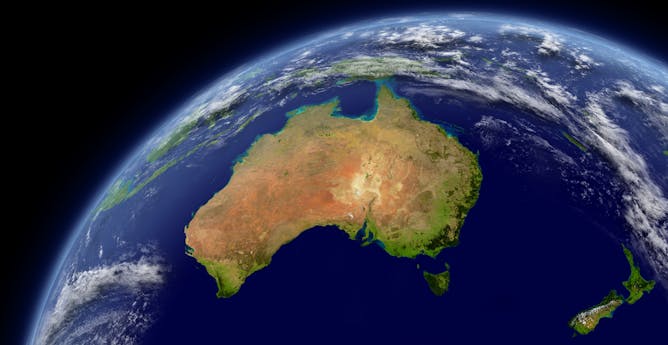
Shutterstock/Harvepino
Simon Lamb, Te Herenga Waka — Victoria University of Wellington
New research uncovers the fundamental factors that control the Earth's surface, providing insights into how land levels will respond to the melting of ice sheets and sea level rise.
|
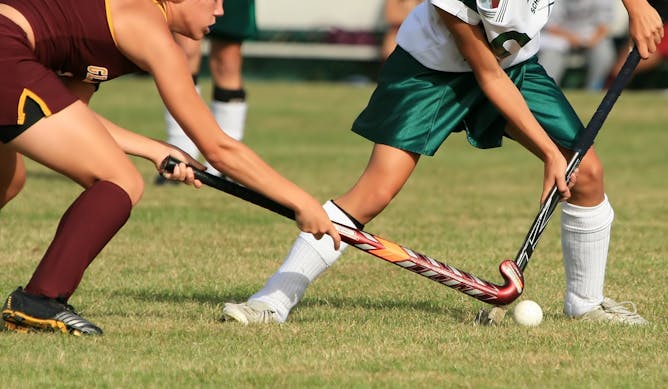
Shutterstock/Racheal Grazias
Chris Whatman, Auckland University of Technology; Simon Walters, Auckland University of Technology
School sport should prioritise development of the person, not the athlete. A new TV deal has some worried there hasn’t been enough debate as to how this will impact the culture of school sport.
|

Shutterstock/sdecoret
Jagadish Thaker, Massey University
More than 70% of New Zealanders agree that industries receiving substantial financial assistance as part of the COVID-19 recovery should be required to lower their carbon emissions.
|
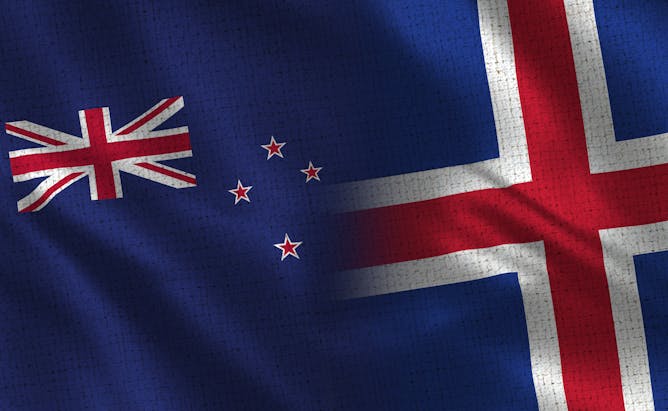
Shutterstock/motioncenter
David Murdoch, University of Otago; Magnús Gottfreðsson, University of Iceland
Despite taking different approaches, both countries have won praise for their handling of the coronavirus outbreak. So what can we learn from that?
|

Shutterstock/alexreynolds
Marta Rychert, Massey University; Chris Wilkins, Massey University
The voices of recreational cannabis users are curiously missing from the official debate about legalisation.
|
From our foreign editions
|
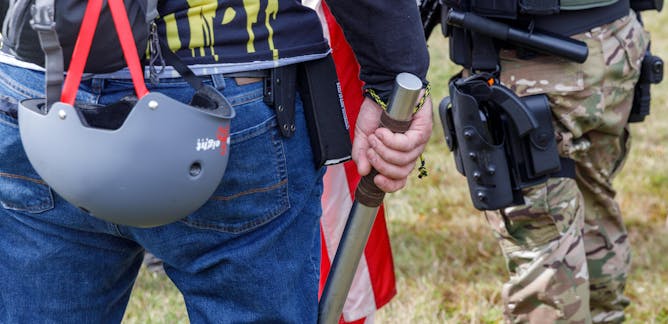
Ore Koren, Indiana University
Are the conditions ripe in the US for violence before, during or after the presidential election?
| |

Curd Knüpfer, Freie Universität Berlin; Robert Mathew Entman, George Washington University
The conservative cable news channel particularly favors the term when explaining opposition to Donald Trump. This framing of the news can lead Fox viewers to see the world as us versus them.
|

Ian Marshman, University of Melbourne; Elizabeth Baré, University of Melbourne; Janet Beard, University of Melbourne
A collapse in revenue and a lack of government support have led to university workforces being decimated to cut costs. This presents a number of longer-term risks for universities and the nation.
| |
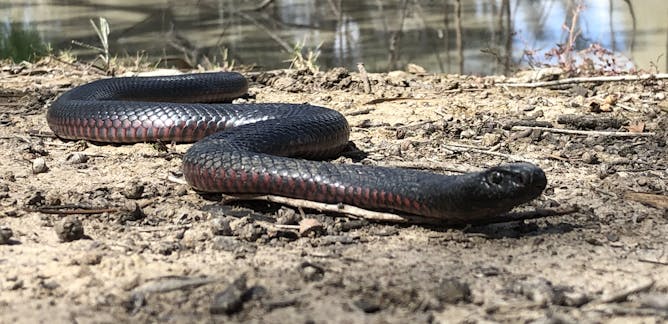
Damian R. Michael, Charles Sturt University; Dale Nimmo, Charles Sturt University; Skye Wassens, Charles Sturt University
The weather is warming up, and snakes are coming out to bask in the sun. But we don't need to tell tall tales to appreciate snakes – the truth is far more fascinating.
|

David Rothery, The Open University
New findings boost chances of finding life on Mars, but there are better candidates in the solar system.
| |

Sue Greenwood, York St John University
One meme can lead to another – and then to a conspiracy theory.
|
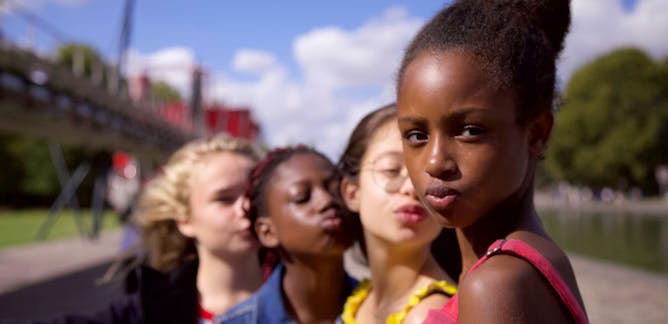
Rebecca Sullivan, University of Calgary
The outrage over the teen film 'Cuties' diverts attention from the social structures that enforce conflicting expectations on young women.
| |
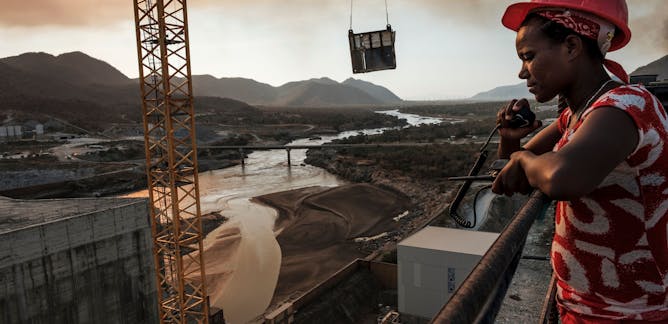
Yohannes Gedamu, Georgia Gwinnett College
America has historically been a strong Ethiopia ally, but this latest move to withhold foreign direct assistance has thrown its loyalty into question.
|
|
|
| |
| |
| |
| |
| |
| |
|
|
|
|
|
|
|